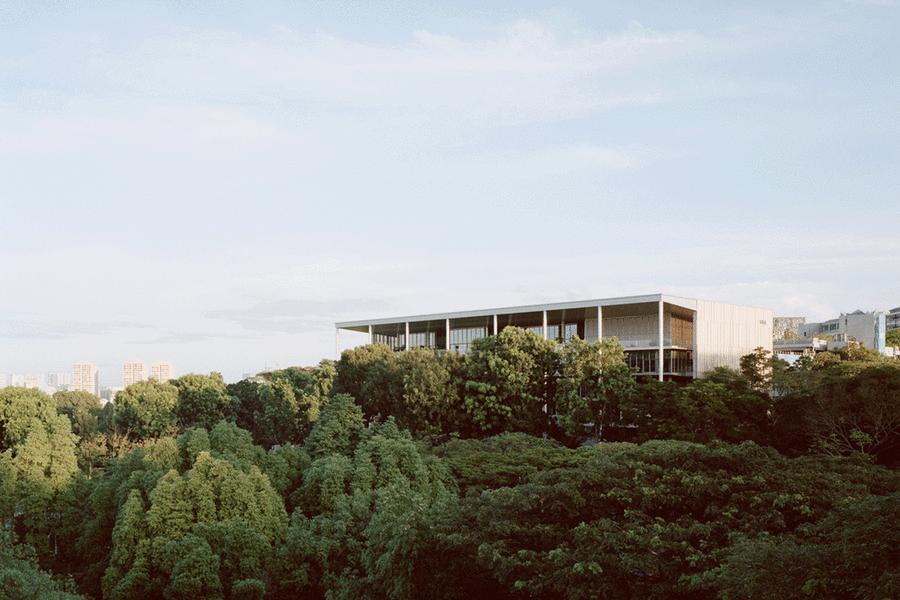We’re recruiting!
The Soft Technologies Lab at the National University of Singapore (stl@NUS) is seeking PhD students and Postdoctoral fellows in 2025 & 2026. We are looking for creative individuals who are eager to engage in transdisciplinary research and well-equipped to explore the intersection between soft matter, the internet-of-things, and their human and nature-centric applications.
Research topics interweave with each other and include:
Computational Textiles and Digital Craft
Advance digital knitting, weaving, embroidery, and other textile arts and craft techniques with functional fibers to design sensing and actuation fabrics with tunable electrical and mechanical properties.
Electronic Skins and Distributed Networks
Develop novel architectures for dense, large-area soft electronic systems or skins that enhance functionality, modularity, and programmability. Explore multi-modality, localized processing, and new networking, communication, and power paradigms.
Physiological/Physical Sensing and Intervention
Build wearable systems for movement expression, continuous health monitoring, and active interventions to augment interaction, enhance comfort, promote wellness, and improve quality of life.
Interactive Media and Immersive Environments
Design interfaces and ecosystems that integrate soft and multimedia technologies for human-computer interaction, smart building and environmental systems, as well as interactive multi-sensory experience.
AI for Data and Design
Harness computational design and generative AI to innovate in textile and sensor development, and leverage deep learning to analyze complex sensor datasets to inform intelligent decision-making.
Researchers will collaborate across art, science, design and engineering disciplines, contributing to cutting-edge prototypes, installations, performances, and innovations that bridge human, material, machine, and environment at various scales, from fibers to fabrics, body to architecture, individual to societal.
Qualifications
We welcome applicants from diverse backgrounds! They ideally should hold a degree in textile/fine arts, media arts, industrial design, architecture, electrical/ mechanical /biomedical engineering, computer science, material science, or related fields. We seek members who are not only inventive, bold, and original, but also skilled in hacking, crafting, and prototyping, enthusiastic about hands-on learning, and passionate in pushing the boundaries between material, technology, experience, and aesthetics.
While experience in the arts is beneficial, candidates should showcase proficiency in at least one or two key areas, such as textile design and integration, garment development, digital fabrication, functional polymers, soft robotics, haptics, sensor networks, circuit/hardware design and fabrication, augmented/virtual reality, data visualization, user interface, computational design, generative AI, machine learning, and embedded systems.
Apply
Please email Dr. Irmandy Wicaksono: irmandy@mit.edu with CV and design/project portfolio (full publication/project list and contacts of 2-3 referees). More info about PhD admission to NUS CDE and the application portal (please sync your proposal and aspiration to DID and the Soft Technologies Lab and mention Dr. Irmandy as potential advisor).
Candidates are also encouraged to apply for scholarships/fellowships as applicable. The complete list is available in this link.
President’s Graduate Fellowship
Singapore International Graduate Award (SINGA)
A*STAR Graduate Fellowship
Commonwealth Scholarship
NUS Research Scholarship
NUS Industry-Relevant PhD Scholarship
Not eligible for PhD/Postdoc but still interested in joining? We are also looking for undergraduate, graduate, and visiting researchers, as well as research/technical assistants, please send your resume and background interest to the PI.
Our Lab
The research at the Soft Technologies Lab explores the design and development of intelligent textiles and soft systems across scales to reimagine and shape future objects, interactions, and environments. Rooted in curiosity and collaboration across disciplines, we work toward applications ranging from health and well-being, human-computer interaction, to interactive arts, architecture, and beyond.
The lab strives to discover fabrication techniques, hardware systems, and algorithmic advancements that will propel soft materials and soft computing technologies, while unraveling new insights, creating novel experiences, and driving transformative, translational innovations that will connect and disrupt various fields. More details: research vision and projects.
About DID and NUS
Soft Technologies Lab is housed within the Division of Industrial Design (DID), NUS College of Design and Engineering in the School of Design and Environment (SDE 4 Building). The DID takes pride in applying a combination of design thinking and innovation methods, with a mix of artistic, humanistic, technological and business disciplines. DID graduates are enabled to take up highly valuable and versatile roles as creative designers, innovators, entrepreneurs, and leaders of change.
NUS is Singapore’s flagship university, which offers a global approach to education and research. It is #8 in the World and #1 in Asia in QS World Rankings 2025. Electrical and Electronic Engineering is #6 and Architecture and Built Environment is #5 in the QS World University Rankings by Subject 2024. It is also ranked #17 in the THE World University, #9 in Engineering and Technology, and #3 in the THE Interdisciplinary Science Ranking 2025.











